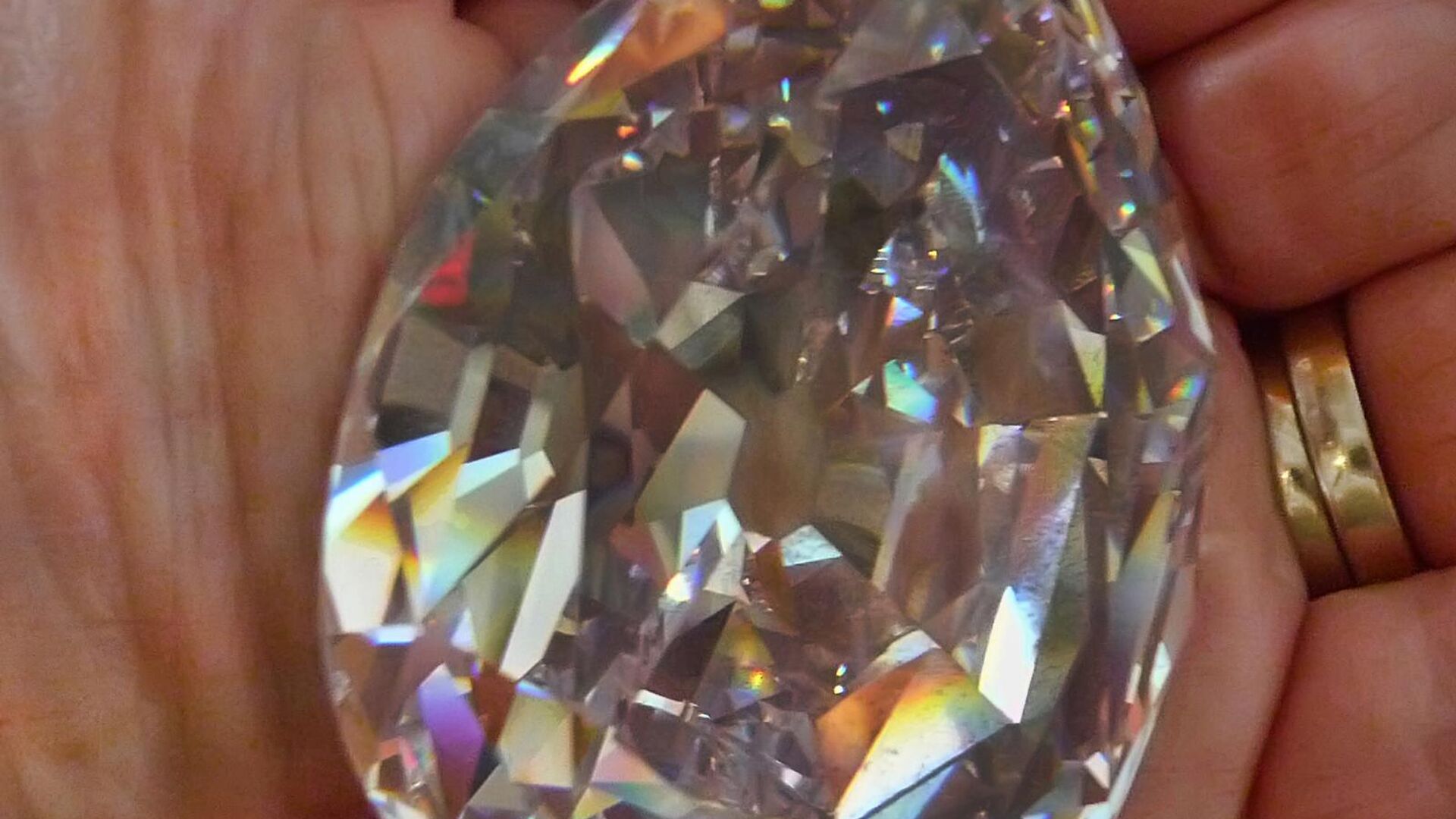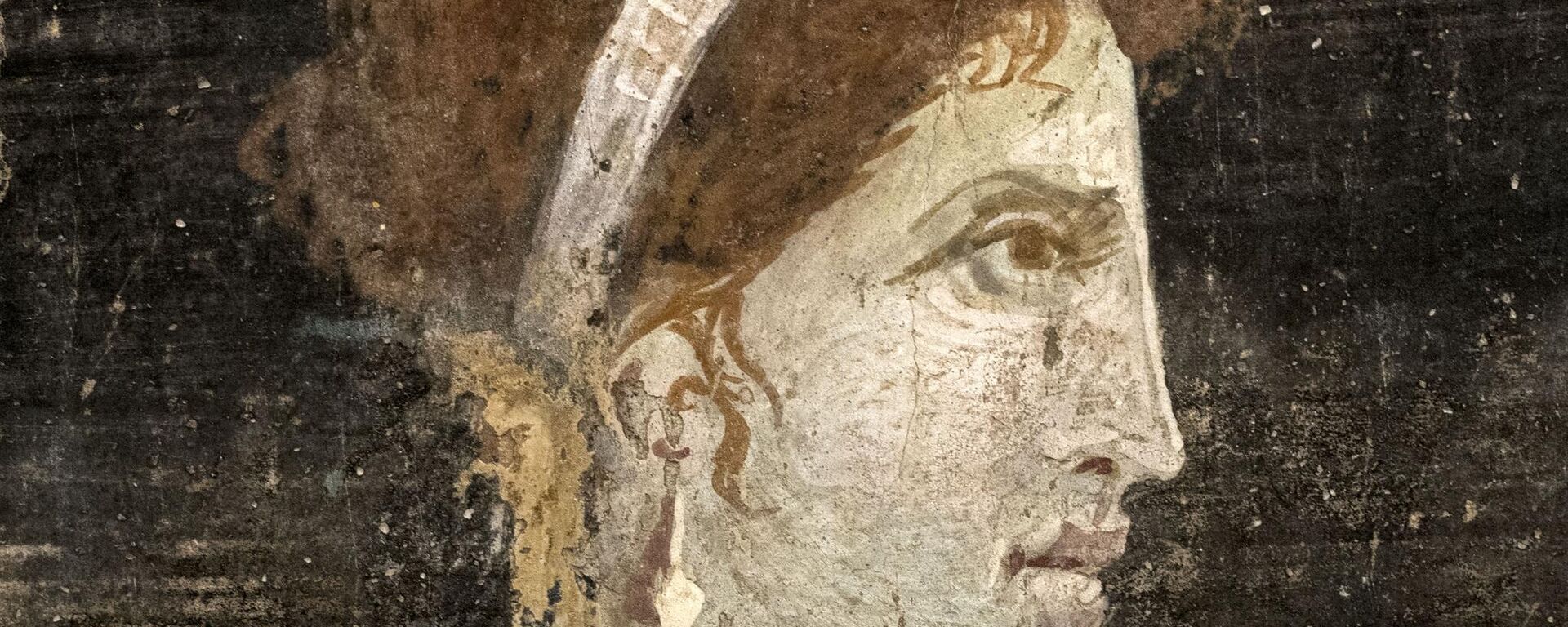https://en.sputniknews.africa/20230504/south-africans-all-for-britain-to-return-worlds-largest-diamond-1059034268.html
South Africans Сall for Britain to Return World's Largest Diamond
South Africans Сall for Britain to Return World's Largest Diamond
Sputnik Africa
South Africans are calling for Britain to return the world's largest diamond, which is now part of the British royal scepter. South African activist Mothusi Kamanga initiated a petition on the return of the diamond to its home.
2023-05-04T17:49+0200
2023-05-04T17:49+0200
2023-07-16T18:53+0200
sub-saharan africa
southern africa
south africa
benin
benin bronzes
johannesburg
united kingdom (uk)
diamonds
british colonialism
colonialism
https://cdn1.img.sputniknews.africa/img/07e7/05/04/1059036043_0:279:1600:1179_1920x0_80_0_0_5cf6e03567fc8d57c1508f77b9382fda.jpg
South Africans are calling for Britain to return the world's largest diamond, which is now part of the British royal scepter. South African lawyer and activist Mothusi Kamanga initiated a petition on the return of the diamond to its home.The 530-carat Star of Africa diamond was mined in South Africa back in 1905, when the country was under British rule, and given to the monarchy at the time. Officially dubbed as Cullinan I, the diamond on the scepter was carved from the 3,100-carat Cullinan Diamond that was discovered near Pretoria, South Africa.The petition, which has already gathered around 8,000 signatures, comes amid a global discussion about returning various artifacts and pieces of cultural heritage that were plundered in the colonial period.Britain, as well as other former colonizers, extracted a huge amount of cultural artifacts from the African continent during the times of colonization. Recently, calls to return the items to their countries of origin have intensified.For instance, so-called Benin Bronzes – sculptures that once decorated the palace of the former Kingdom of Benin (today's Nigeria) – were looted by British colonists during a raid on the kingdom in 1897. As a result, the bronzes were then sold to various countries in the West.In December last year, Germany returned 20 Benin Bronzes, which the country had earlier obtained from Britain, to Nigeria.While a number of British institutions, such as Cambridge University and the Horniman Museum in London, have also agreed to return the artifacts to Nigeria, the British Museum refuses to do so. According to Nigeria's minister of information and culture, Lai Mohammed, who has multiple times requested that the British Museum return the bronzes to their home, British lawmakers have denied his repatriation request, as they claim that deaccession of the museum's artifacts is prohibited by British law.
https://en.sputniknews.africa/20230428/she-had-white-skin-egyptian-ministry-calls-out-netflixs-blackwashing-of-cleopatra-1058902645.html
southern africa
south africa
benin
johannesburg
united kingdom (uk)
Sputnik Africa
feedback@sputniknews.com
+74956456601
MIA „Rossiya Segodnya“
2023
News
en_EN
Sputnik Africa
feedback@sputniknews.com
+74956456601
MIA „Rossiya Segodnya“
Sputnik Africa
feedback@sputniknews.com
+74956456601
MIA „Rossiya Segodnya“
british colonialism, african diamonds, much wealth, extracted from, african countries, colonizational period, restitution of looted items, has become, topic of broad discussins, in recent years, african continent, african nations, south africa, southern africa, cultural heritage, star of africa
british colonialism, african diamonds, much wealth, extracted from, african countries, colonizational period, restitution of looted items, has become, topic of broad discussins, in recent years, african continent, african nations, south africa, southern africa, cultural heritage, star of africa
South Africans Сall for Britain to Return World's Largest Diamond
17:49 04.05.2023 (Updated: 18:53 16.07.2023) Much material and cultural wealth was extracted from African countries during the colonial period. The restitution of looted items of cultural significance has become the topic of broad discussions in recent years.
South Africans are calling for Britain to
return the world's largest diamond, which is now part of the British royal scepter. South African lawyer and activist Mothusi Kamanga initiated a petition on the return of the diamond to its home.
"The diamond needs to come to South Africa. It needs to be a sign of our pride, our heritage and our culture," Kamanga said.
The 530-carat Star of Africa diamond was mined in South Africa back in 1905, when the country was under British rule, and given to the monarchy at the time. Officially dubbed as Cullinan I, the diamond on the scepter was carved from the 3,100-carat Cullinan Diamond that was discovered near Pretoria, South Africa.
"I think it should be brought home because, in the end, they took it away from us while they oppressed us," said Mohammed Abdulahi, who lives in Johannesburg.
The petition, which has already gathered around 8,000 signatures, comes amid a global discussion about returning various artifacts and pieces of cultural heritage that were plundered in the colonial period.
"I think generally the African people are starting to realize that to decolonize is not just to let people have certain freedoms, but it's also to take back what has been expropriated from us," the activist said.
Britain, as well as other former colonizers, extracted a huge amount of cultural artifacts from the African continent during the times of colonization. Recently, calls to return the items to their countries of origin have intensified.
For instance, so-called Benin Bronzes – sculptures that once decorated the palace of the former Kingdom of Benin (today's Nigeria) – were looted by British colonists during a raid on the kingdom in 1897. As a result, the bronzes were then sold to various countries in the West.
In December last year, Germany
returned 20 Benin Bronzes, which the country had earlier obtained from Britain, to Nigeria.
While a number of British institutions, such as Cambridge University and the Horniman Museum in London, have also agreed to return the artifacts to Nigeria, the British Museum refuses to do so. According to Nigeria's minister of information and culture, Lai Mohammed, who has multiple times
requested that the British Museum return the bronzes to their home, British lawmakers have denied his repatriation request, as they claim that deaccession of the museum's artifacts is prohibited by British law.


